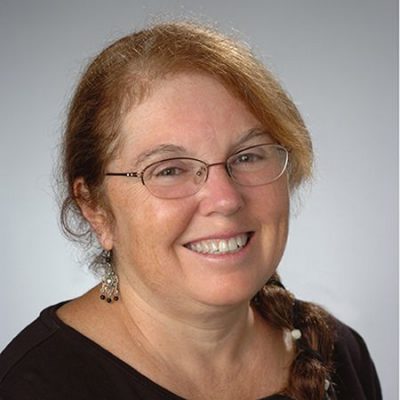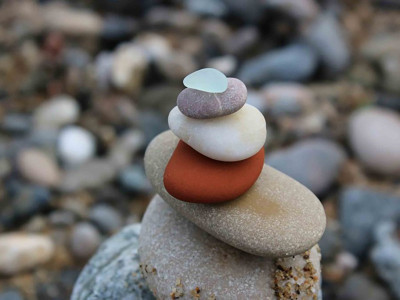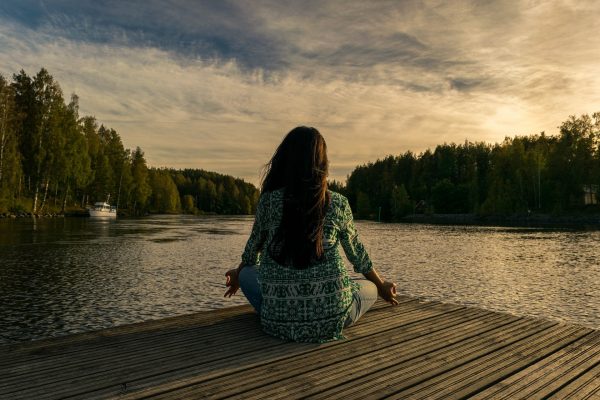Lab THRIVE: Advancing Student Mental Health and Resilience
Lab THRIVE, short for The Health and Resilience Interdisciplinary collaboratiVE, is making significant strides in collegiate mental health research. Launched by an interdisciplinary Syracuse University team in 2023, the lab focuses on understanding the complex factors affecting college students’ adjustment…




